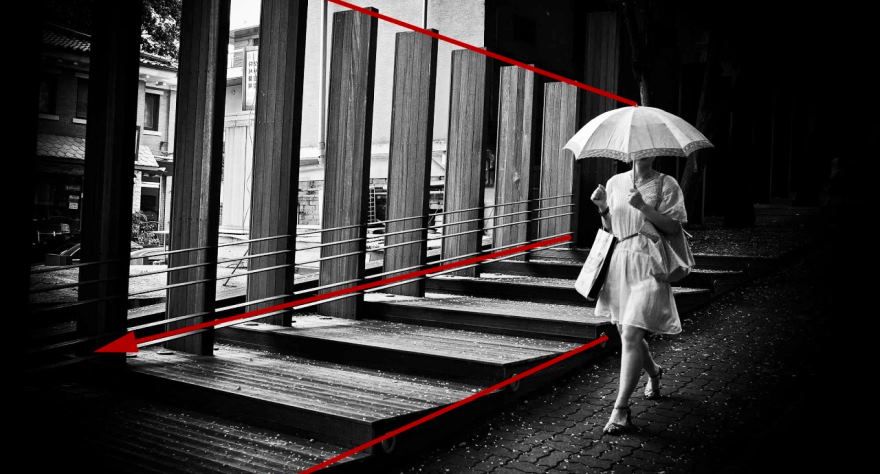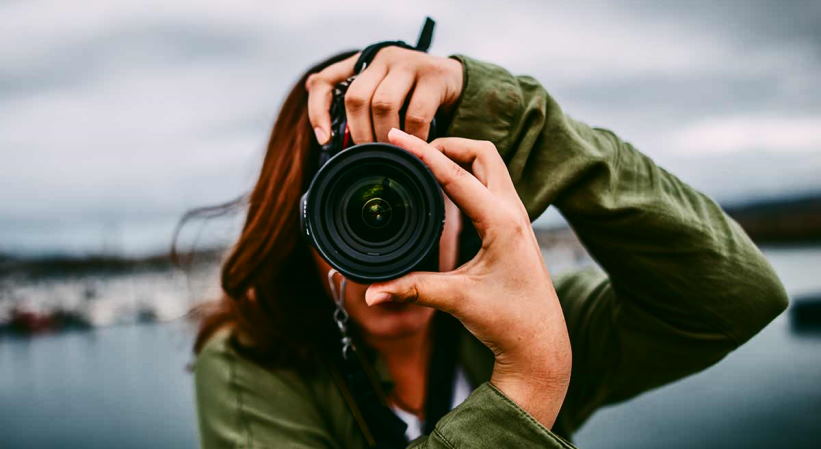Сampeau » Boost Your Photography Skills » Essential Elements of Design in Photography

Are you looking to improve your photography skills? Whether you’re an aspiring photographer, a professional or just want to capture moments of beauty for yourself, it’s crucial that you understand some essential elements of design when it comes to taking great photos. Design is the key element necessary for creating high quality photographs and with the right guidance, understanding, and practice anyone can become proficient at capturing stunning images. In this blog post we will discuss some fundamental principles of design which can be applied in any kind of photography situation. We will explore how composition, lighting techniques and colour theory can unleash creative power into shots – no matter what level photographer you are! So read on to discover techniques sure to take your photographic vision up a notch.
The power of photography: how to use elements of design to create stunning images
Photography is more than a way to capture and document memories. It’s an art form that can be used to create stunning images through the use of composition, light and color. By understanding the elements of design, photographers can communicate their ideas in powerful ways.

Composition is the arrangement of visual elements within a frame. Photographers have different approaches when it comes to arranging objects in their frames, but all successful compositions share certain properties: balance, dominance and unity. Finding the right balance among these elements will help guide viewers’ eyes around the frame and give them something interesting to look at.
Light plays an essential role in photography because it shapes how we perceive our subjects and surroundings. Photographers must be aware of the intensity, direction and quality of the light in order to create striking images. Natural light can be used to emphasize a subject’s texture or color and controlled lighting can help direct viewers’ attention to specific areas in the frame.
Finally, color is an important factor when it comes to creating dynamic and emotional imagery. Color theory is one way for photographers to understand how colors interact with each other, but experimentation is also key. By combining different hues and shades, photographers can convey strong emotions or draw attention to specific elements within their frames.
By mastering these key elements of design — composition, light and color — photographers can take their work to the next level, producing stunning photographs that communicate powerful stories. With practice and experimentation, the possibilities are endless.

Design elements you need to know for better photography
- Composition: This refers to the way you arrange elements in your photograph including lines, shapes, and forms. It helps create a sense of direction or purpose for the viewer, as well as bring focus to the main subject of your photo.
- Color: Color is an important design element when it comes to photography. The correct use of color can help convey mood, emotion, and draw attention to certain areas in your image. There are many ways of using color in photos – saturation, contrast, complementary colors (opposites on the color wheel) etc.
- Lighting: Good lighting is key when it comes to photography! Different types of light can affect how a subject looks and feels in an image. Natural light can be manipulated in various ways to create a beautiful and dramatic effect, or you could try using artificial lights to get the desired look.
- Framing: Using framing techniques such as cropping or adding borders can help draw attention to certain elements in your image, while also helping create more interesting compositions.
- Perspective: Changing up the perspective of your photo – whether it’s shooting from an unusual angle or playing with different distances between the camera and subject – can help make your images more dynamic and eye-catching. It’s important to remember that perspective doesn’t just apply to how far away you are from your subject; it also affects how objects appear in relation to one another.
- Depth: Photographers use depth in their images to create a sense of space and movement, or emphasize the importance of certain elements in an image. You can achieve this by using techniques such as placing your subject at different distances from the camera and using selective focus to bring attention to certain areas.
- Balance: This refers to achieving visual equilibrium in your photos through the placement of objects, colors, and other design elements. It’s important to remember that balance doesn’t mean symmetry – asymmetrical compositions are often more interesting than symmetrical ones!
- Movement: Capturing movement can add energy and life to your photographs. There are various ways of doing this, such as blurring the background to emphasize movement in the foreground, or using a slow shutter speed to capture moving objects.
By understanding and mastering these elements, you can take your photography to the next level and create stunning photos that will draw attention from all who see them!



